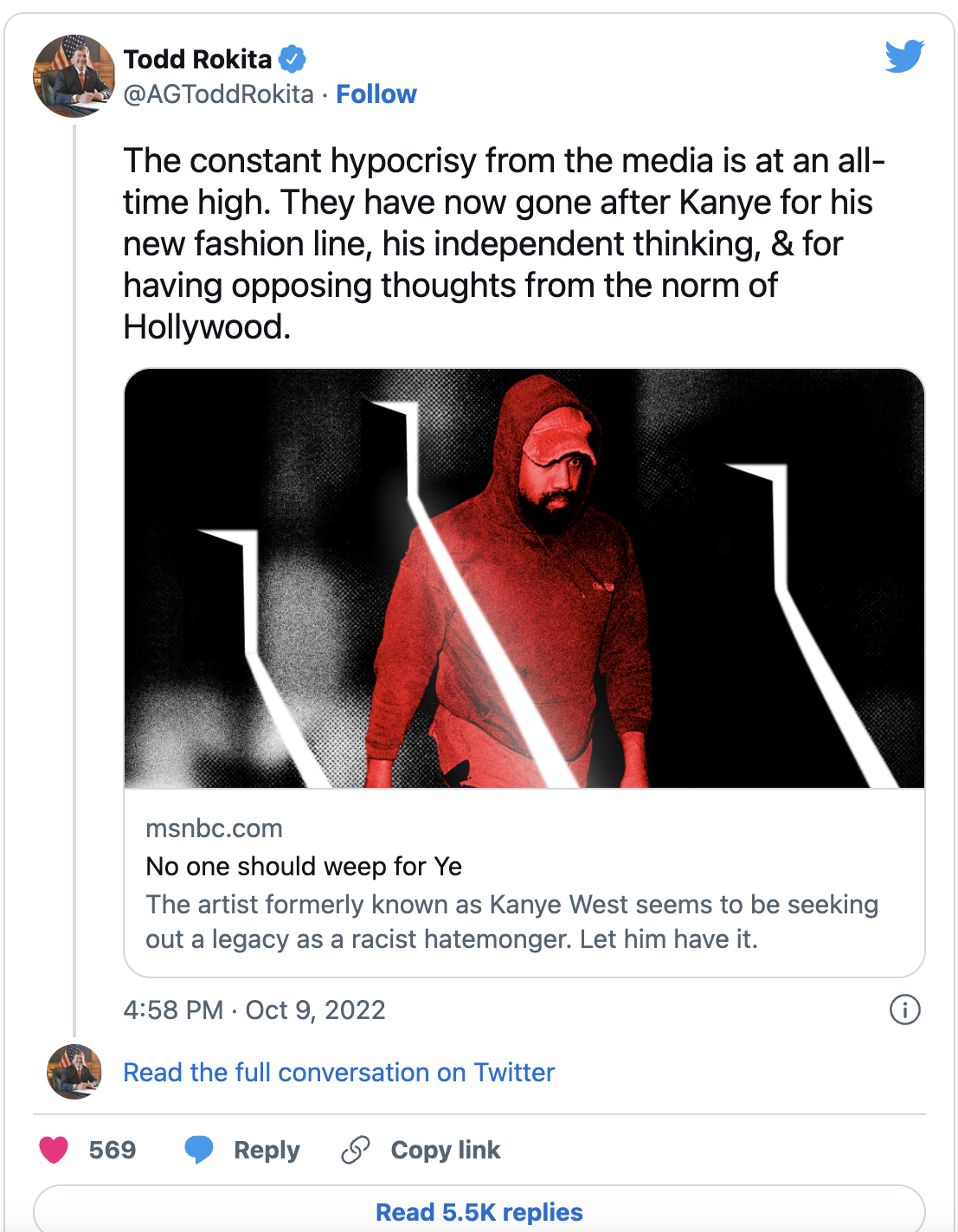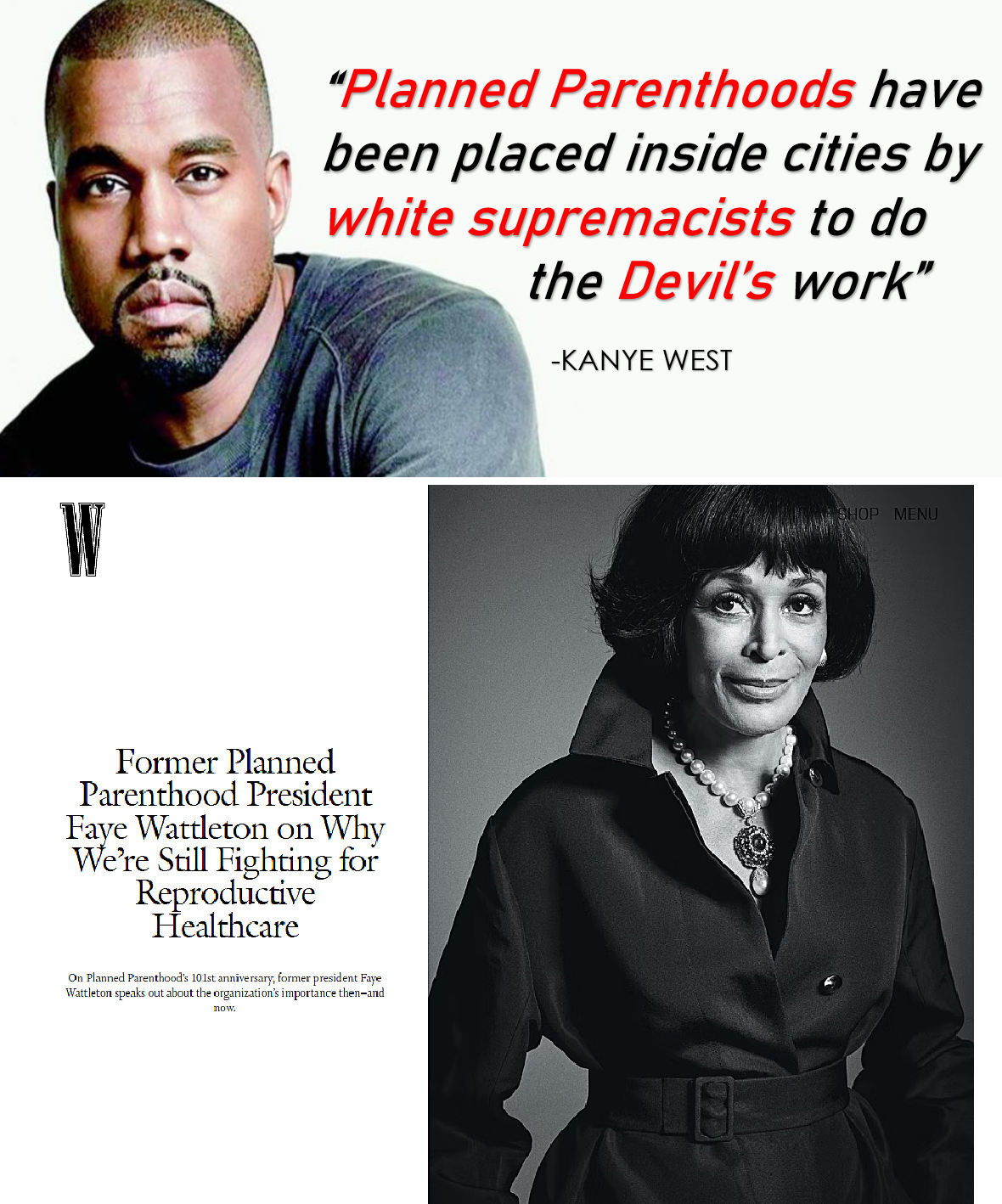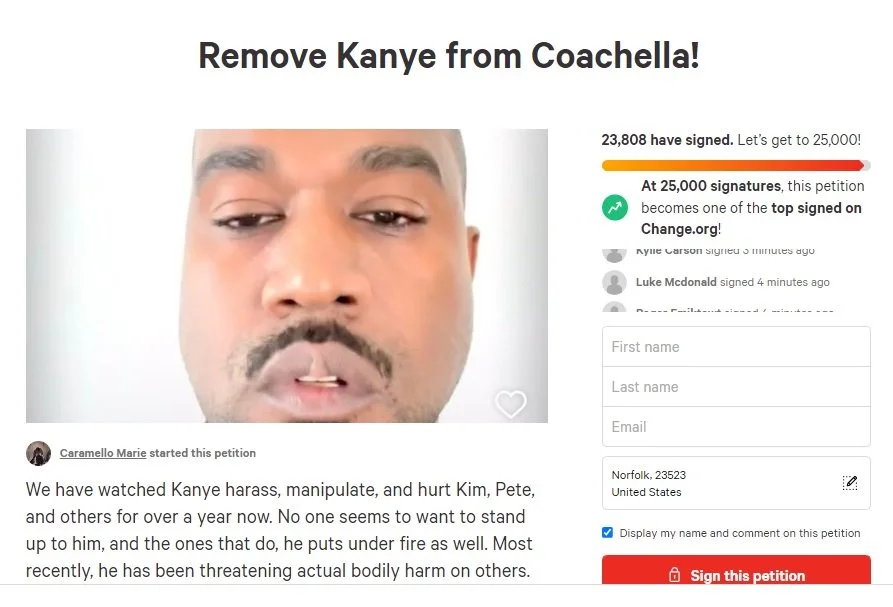Democrats Court Rural Southern Voters With Stacey Abrams’ State of the Union Response
/Stacey Abrams is the first African-American woman to deliver a State of the Union response in the 53-year history of this tradition. Pool response image via AP.
By Sharon Austin, Professor of Political Scieence and Director of the African American Studies Program, University of Florida. First published on The Conversation
In a brief, direct and optimistic speech about fighting immigrant scapegoating, racism and voter suppression, Stacey Abrams celebrated diversity in her Democratic rebuttal to Donald Trump’s divisive 2019 State of the Union address.
“We will create a stronger America together,” she said.
Abrams is the first African-American woman to deliver a State of the Union response in the 53-year history of this tradition. She is the first black woman to be nominated by a major party to run for governor. Before that, she was the first African-American ever to serve as House minority leader in the Georgia General Assembly.
Her State of the Union response has increased speculation that she is a rising political starwith a bright future in the Democratic Party.
By choosing Abrams to give the State of the Union response, Democrats were clearly reaching out to African-Americans and women, a key base for the party.
But Abrams’ speech also spoke to an often-overlooked constituency the Democratic Party may not have even thought about when they picked her. It’s a constituency Abrams has already cultivated: rural Southerners of color.
Abrams campaigned in both urban and rural counties last year, defying the logic of a Democratic Party that tends to court big city voters while leaving rural Americans to be won over by Republicans like Donald Trump.
Stacey Abrams vows to keep fighting for voting rights in a speech, November 16, 2018. (Alyssa Pointer / Atlanta Journal-Constitution via AP)
Forgotten Southerners
I have been studying minority politics in the South for over 20 years.
The rural South is home to about 90 percent of America’s entire black rural population, and politics in this region have long been defined by black and white polarization. The South was a Democratic stronghold until the civil rights movement, and Democrats know they can’t win national office without winning here.
But the South – both urban and rural – is changing. In recent decades, a large number of Asian and Hispanic immigrants have settled in Louisiana, North Carolina, South Carolinaand other southern states, bringing greater demographic and political diversity to this formerly black-and-white region.
Chinese immigrants first came to rural southern areas like the Mississippi Delta after the Civil War, so Asian-Americans have deep roots in the South. But between 2000 and 2010, the population of Asian-Americans in the South grew 69 percent, to over 3.8 million, largely due to the region’s many job opportunities and affordable housing.
The South’s Hispanic population has grown by 70 percent in recent years, surpassing 2.3 million people in 2010, when the last U.S. Census was taken. Many of these individuals have settled in rural communities, filling agricultural and other jobs and sending their children to public school.
Racial and ethnic minorities now make up over 20 percent of the entire rural population in 10 southern states, from Florida to Virginia.

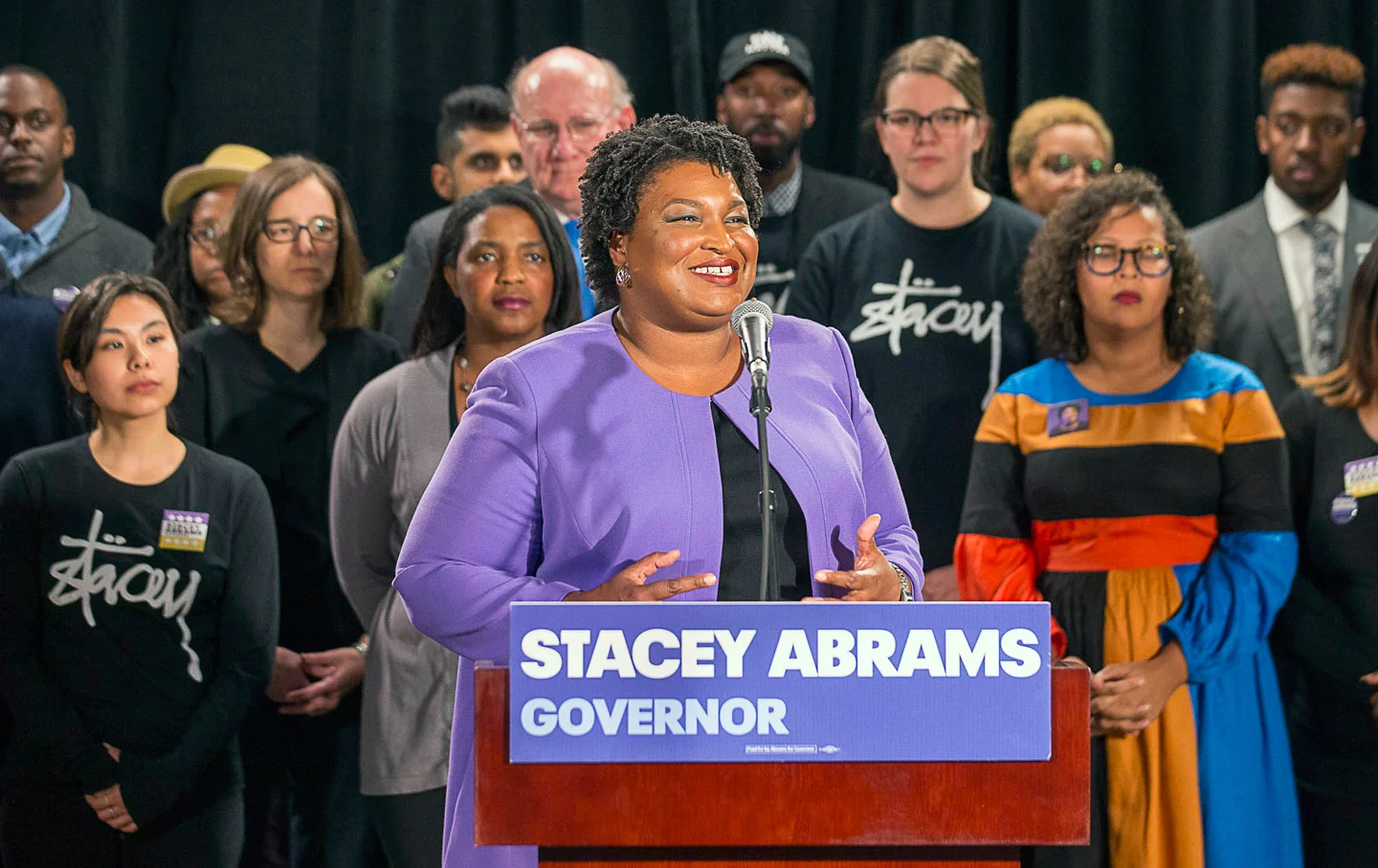

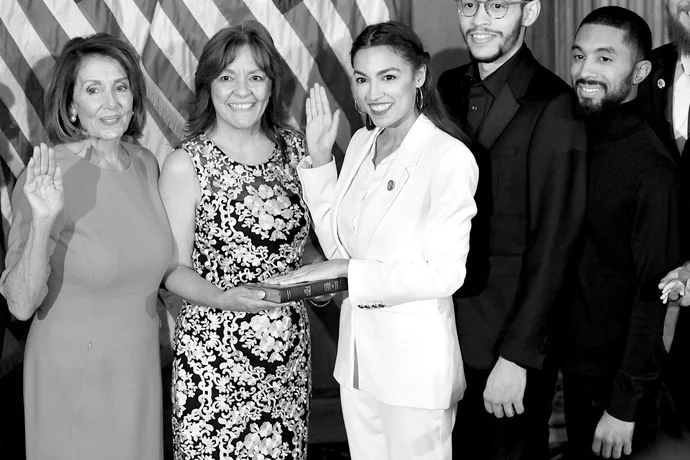










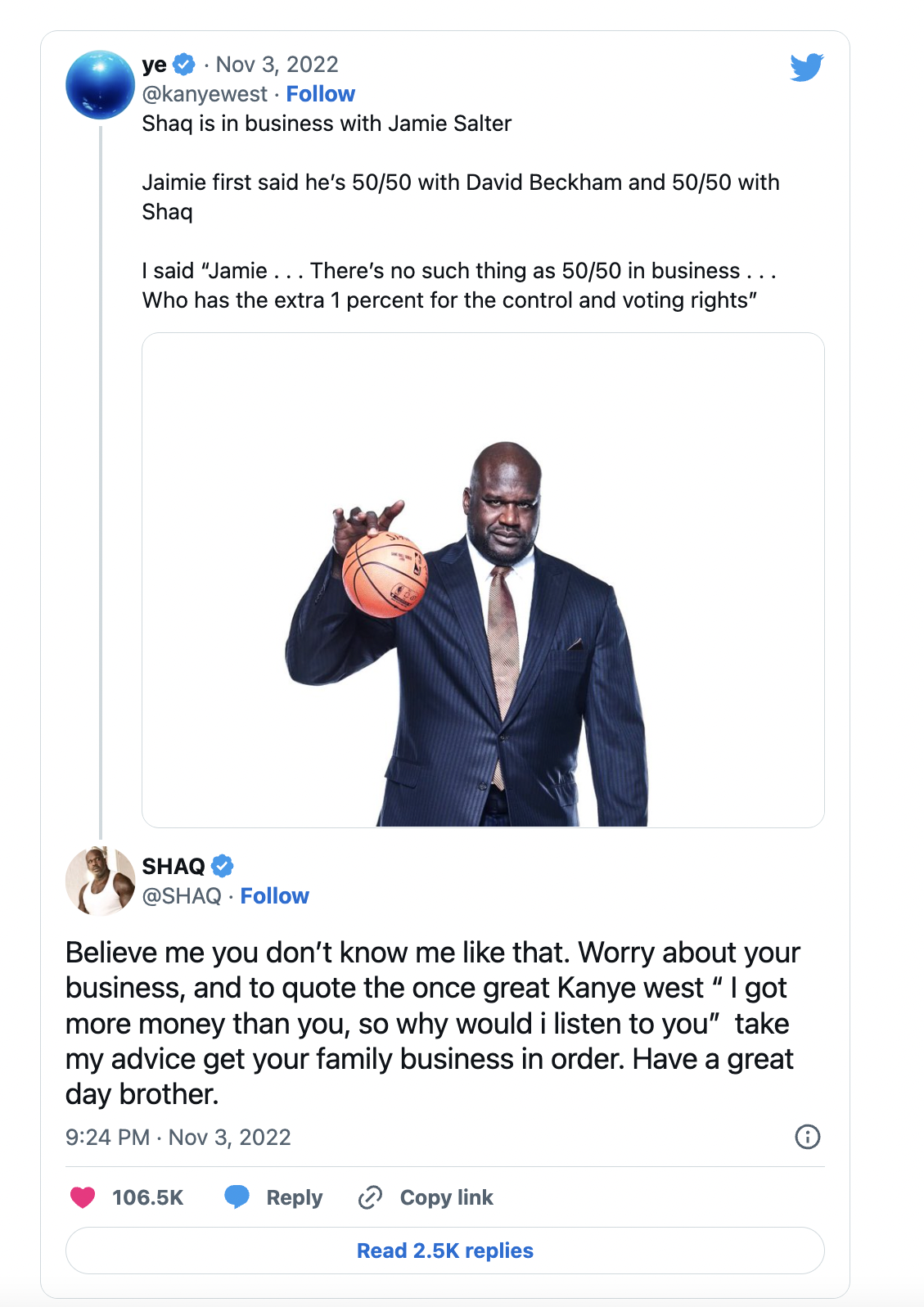










![Kanye West's [aka Ye] Refusal to Treat His Mental Illness Is No Excuse For His Anti-Semitism](https://images.squarespace-cdn.com/content/v1/55f45174e4b0fb5d95b07f39/1666238183530-4WVG9SNG88HTSKQ0WWDV/Is+Kanye-West-Running-Out-of-Platforms.png)
